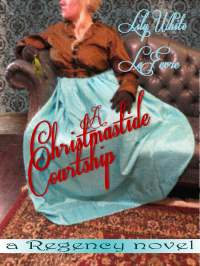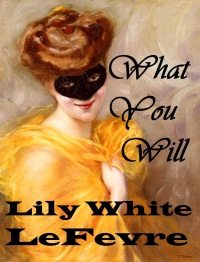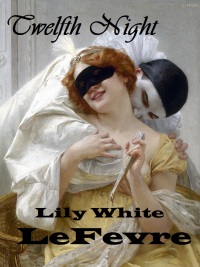This post was originally written for the #amwriting blog
I’ve seen a couple different articles in the past fortnight about optimal creative times, and how they usually occur at an inverse of optimal reasoning times. The frequent example given is that if morning is your most productive time for problem solving, then afternoon or evening is probably a better time for you to do creative work.
While I don’t disagree with the basic idea—that creativity uses a different part of the brain than reasoning/analyzing and will thus peak at a different time of day—I found myself questioning the conclusion of the articles as applied to being a writer, namely, set aside time to write during that “creative phase” of your day.
I questioned this advice because by far my most productive writing period is the same part of the day that includes my best cognitive work.
My biggest take-away from the logic course I took in college was this: if you accept the premises given then you are bound to reach the same conclusion. Thus the place to mount a logical challenge is not the logic itself but the premises.
The logic of these articles seems to be: reasoning and creativity peak at opposite times; writing requires creativity; you want to write at the time you will be most productive; therefore you should write when creativity is peaking. If the two premises are true, then I cannot argue that logic. I agree with the first premise. The second, then, must be the problematic one.
Which brings me to a question I haven’t seen addressed much in the how to write circuit—is “creative writing” actually a creative activity?
I have never before questioned that it is. My whole life I’ve been told that writing is a creative act, an artistic expression. The very term we use for fiction, and certain types of non-fiction, creative writing, embeds in its very definition that the act is creative. (To clarify—I am using the word “creative” to mean imaginative, expressive, abstract, unique…all those qualities we ascribe to artistic types and the work they do. In a very base linguistic sense, creative also means “to create,” so all writing is creative in that it creates from nothing, something. But that is not the definition we mean when we use the term creative writing.)
I wonder now, however, if writing is creative at all, for me.
When I write what I term “forward progress” on a story—writing from the beginning forward, in the style of a finished piece—the act is calculated, rational. Each sentence is written after mental analysis of the best way to impart an idea. The words are deliberate, chosen to most succinctly say exactly the idea I wish to express. This type of writing almost always stands; that is, I don’t go back and rewrite the sentences, change the words, reorganize the grouping of ideas, because generally speaking I do not need to. I said what I needed and wanted to say the first time. The only changes are minor cosmetics, the taking off of one thing after I have dressed, so to speak.
The only time I can effectively write like this is first thing in the morning, when my mind is primed for the heavy lifting of logic and reasoning. Given enough time, I can grind out 2000-4000 words before my brain atrophies. Yet if I try to write like this at the end of the day, the words don’t make sense, my brain feels like so much mush churning about, and I am lucky to get 300 words in two hours.
Does this sound like a creative act to you? It certainly doesn’t to me.
But there is another kind of writing that I do, what I call “scene sketching.” Almost invariably this is nothing more than conversations I hear in my head and transcribe. Most of the time when I have the urge to write in the evening, it is to write scene sketches, and boy, do they come easily. This writing does feel creative.
The problem I face is that I could never finish a book, even a short story, if I relied upon evening jam sessions alone. There would be no description, no grounding, no explanation of who people are and what brought them to that place. I suppose in some post-modern deconstructionist way that could make interesting pieces, but that is not the kind of story I want to end up with. At some point I have to sit down when I am at my most cognitive and write in all the stuff that won’t come in an imagination-storm.
Obviously my writing process incorporates both types of writing. But the truth is, I could write novels without putting down a word during those creative flurries. To me those flares of creativity are about the story; yes, they are necessary to write a novel, because without them what story do you write about…but they are not at all necessary to the actual act of writing.
Yeah…I think I have to reject that questionable premise. Writing is not creative. It’s the cognitive summary of the creative process. At least for me. But what about you?



